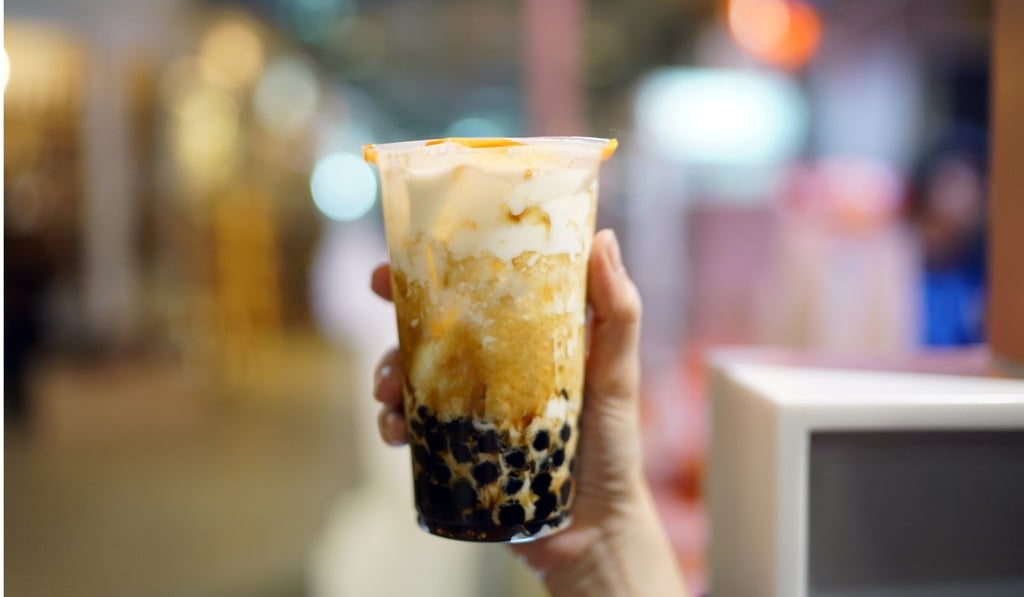Black sugar, how come you taste so good? Chinese medicine has the answer
- The sweet stuff’s dark caramel flavour is captivating consumers from Taipei to Singapore and has become a darling of the Instagram generation.
- But it’s been around for aeons – in traditional Chinese medicine

Black sugar – an unrefined version of the familiar sweet crystalline substance but with a rich, inky hue and dark caramel flavour – has consumers queuing up for hours on end from Taipei to Singapore.
More than just a distinctive sweetener, it is also used by traditional Chinese medical practitioners who recommend it to provide an energy boost and enhance blood circulation, among other things.

This combination of flavour and function has made black sugar a star ingredient in a range of products sold everywhere from traditional tea shops to hip new lifestyle outlets.
Popular Taiwanese bubble tea shop Tiger Sugar has ridden the black sugar craze to become an internationally recognised brand. Founded in November 2017 as a single shop in Taichung, on the western side of Taiwan, the brand now has locations in Singapore, Macau, Hong Kong and the Philippines.
Its trademark drink features thick black sugar syrup shaken with creamy tea and slow-cooked tapioca pearls. Its makers recommend shaking it 15 times to create the characteristic stripes that the drink is known for, and to bring out the traditional flavour of Taiwanese bubble tea – sugar and milk, but rebranded for the Instagram era.